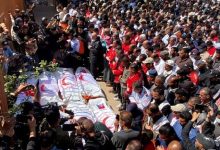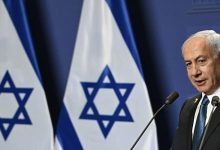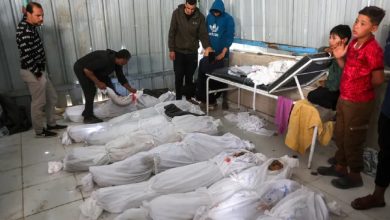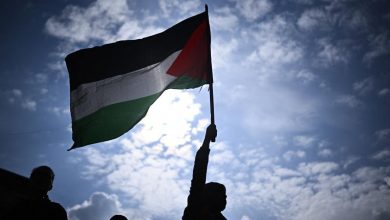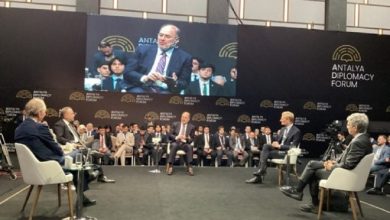Israel Remains Firm on Refusing the Release of Prominent Palestinian Leaders in Initial Negotiation Phase
Release of Barghouti, Saadat, and Hamed to Be Negotiated in the Second Phase.
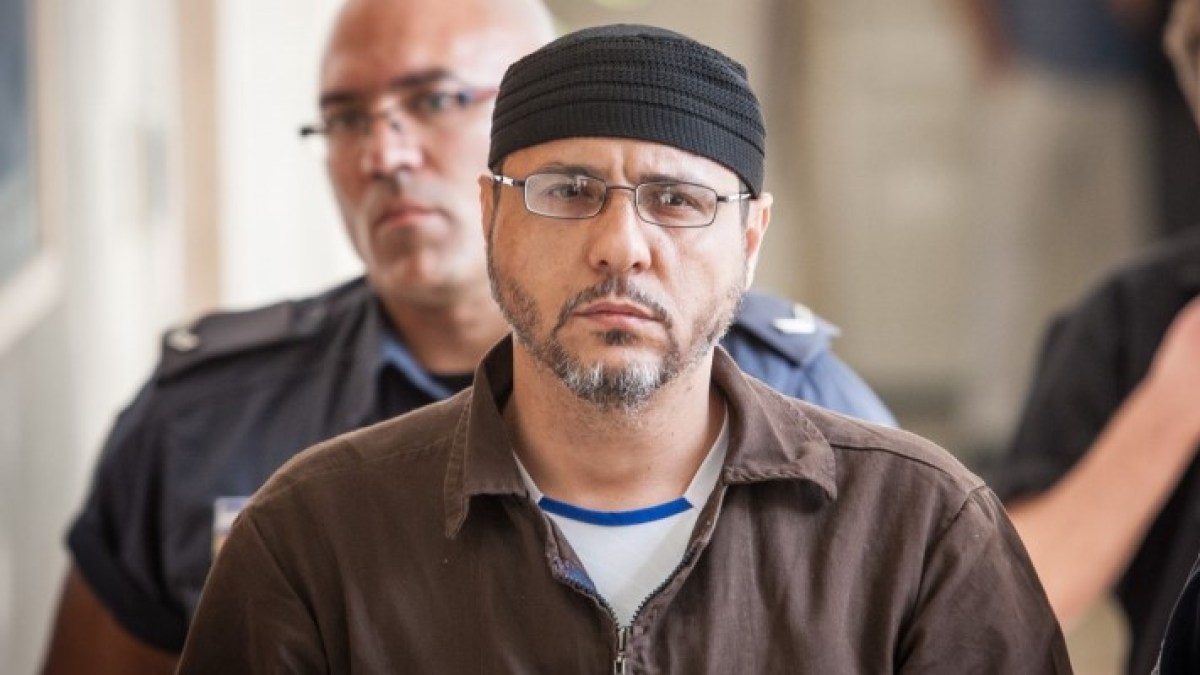
Watan-Kadura Fares, the head of the Commission of Detainees and Ex-Detainees Affairs, revealed on Sunday that Israel refused to release prominent Palestinian liberation movement figures, including Marwan Barghouti, Ahmad Saadat, Ibrahim Hamed, Abdullah Barghouti, and others, during the first phase of negotiations. He stated that their release was the last item discussed in the first phase of talks.
Fares explained that the release of the leaders of the prisoners’ movement would be a key entry point for negotiations in the second phase. This phase is set to begin on the 16th day after the ceasefire agreement in Gaza and the prisoner exchange come into effect. He noted that 90 Palestinian women detainees would be released from Israeli prisons on Sunday under the agreement, with most of them from the West Bank and Jerusalem. The International Red Cross will oversee their transfer from Ofer Prison to Beitunia near Ramallah.
Fares elaborated that, under the agreement, Israel would release 1,737 prisoners, including 1,000 from Gaza who were detained after October 7, 2023, and 737 from the West Bank and occupied Jerusalem. Most of the prisoners from Gaza are being held in the Negev Prison and Sde Teyman Detention Center in the south.
Regarding reports of deporting freed prisoners from the “Wafa al-Ahrar” exchange deal outside Palestine, Fares confirmed this, saying: “Unfortunately, this is true. Israel is attempting to strip the exchange deal of some of its meaning. We see deportation as a punishment, not a privilege. Israel exploited the urgent need to end this war and stop the bloodshed to impose deportation — not only for prisoners from the Wafa al-Ahrar deal but also for about 250 Palestinian prisoners serving life sentences, who will be released in the first phase of the agreement.”
The head of the detainees’ commission expressed hope that future prisoner releases would allow detainees to return to their homeland. He noted, however, that certain prisoners might face deportation. “Today, nearly half of Israel’s prisons are graveyards for the living. This is not a figurative description but an accurate one. The prisoners’ lives are in constant danger. Thus, we are often faced with bitter choices, and the bitterest of them is for prisoners to remain incarcerated.”
When asked if the first phase of the agreement included the release of leaders such as Marwan Barghouti, Ahmad Saadat, Ibrahim Hamed, and Abdullah Barghouti, Fares said Israel was adamant about not releasing them. Therefore, their release would be addressed in the second phase of negotiations.
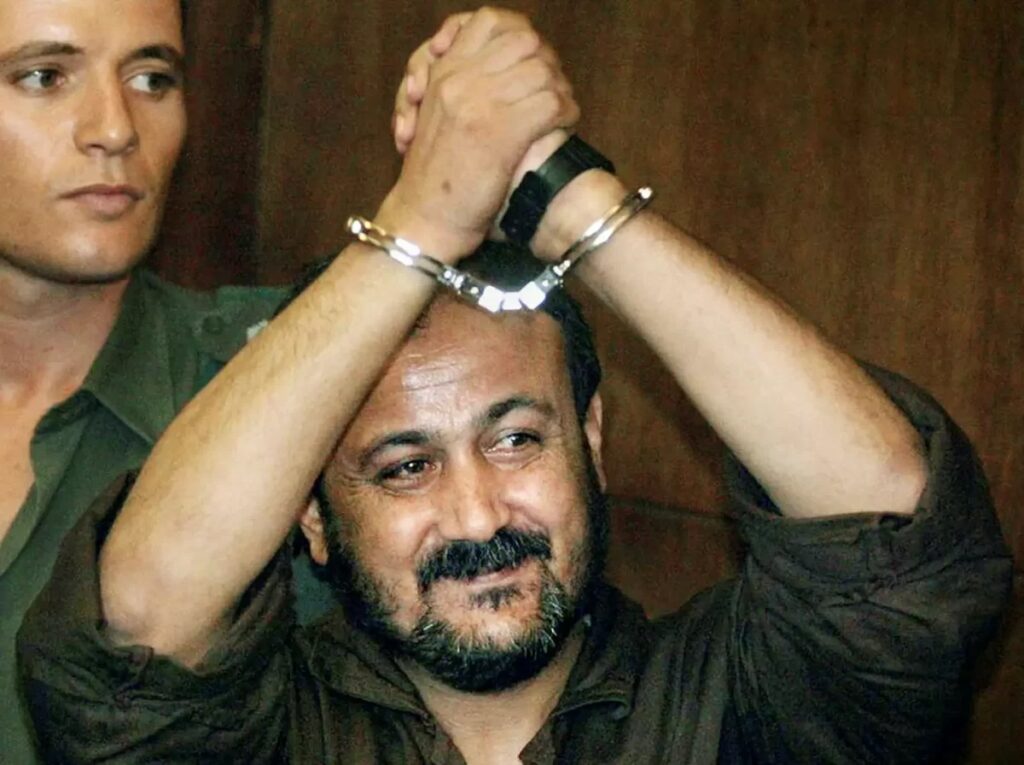
Palestinian Resistance’s Leverage for Prisoner Release
Fares emphasized that Palestinian resistance has a strong bargaining chip to compel Israel to release these leaders, as they hold high-ranking detainees, including Shin Bet officers and Israeli army personnel. He urged Israel to formally announce the cessation of war, acknowledging its failure to achieve its military objectives, and to expedite the prisoner exchange process.
Fares warned that if Israel found it in its interest to undermine the agreement, it would do so. “When there is an agreement between two parties with no trust between them, it is crucial to have safeguards and ensure mediators prevent violations.”
On the Future of the Palestinian Cause
Reflecting on the future of the Palestinian national project after Israel’s genocidal war on Gaza and the internal Palestinian division, Fares asserted that the Palestinian people would persist in their struggle and resistance. “The occupation will ultimately end,” he said. “But we must leverage our strengths, primarily our unity and a unified program under the banner of the Palestine Liberation Organization (PLO), the sole legitimate representative of the Palestinian people. We need one government to manage affairs in the West Bank, Gaza, and East Jerusalem.”
He added: “The battle has become self-evident, but internal Palestinian divisions make us feel as if we are blind. I hope that leaders from all Palestinian factions will draw lessons from the genocidal war against our people. Managing Palestinian affairs requires a unified government that we all agree upon. There should be no deepening of division through the formation of a committee to manage Gaza; instead, a national unity government must be established.
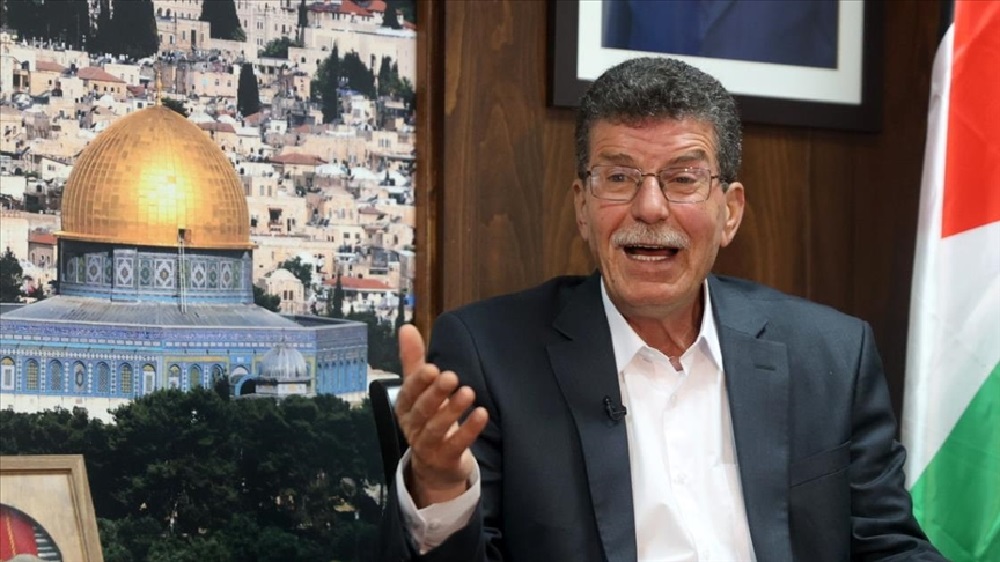
This would open the door to serious dialogue to agree on common principles, implement them in practice, and lead to the rebuilding of the PLO. This should include the integration of currently excluded parties into genuine partnerships across all structures and formations of the Palestinian political system.”

